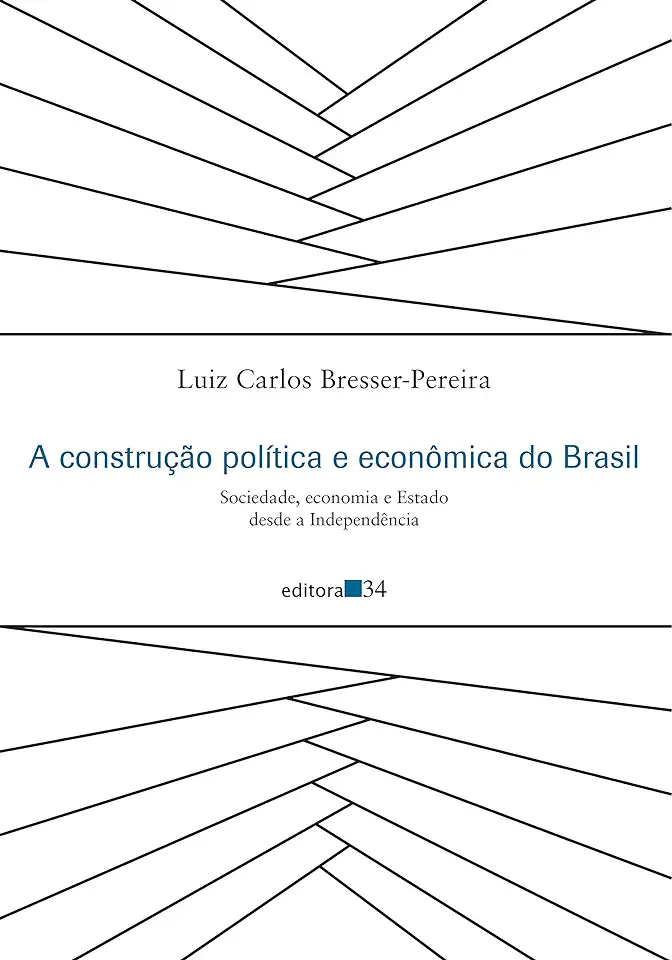
Political Construction of Brazil - Society, Economy and State since ... - Luiz Carlos Bresser-Pereira
Political Construction of Brazil: Society, Economy, and State since 1930
Introduction
In his book "Political Construction of Brazil: Society, Economy, and State since 1930," Luiz Carlos Bresser-Pereira presents a comprehensive analysis of the political, economic, and social development of Brazil from the 1930s to the present day. Bresser-Pereira argues that Brazil's political and economic development has been shaped by a complex interplay of domestic and international factors, including the rise of populism, the impact of globalization, and the country's unique history of colonialism and slavery.
The Rise of Populism
One of the central themes of Bresser-Pereira's book is the rise of populism in Brazil. Populism, he argues, is a political ideology that emphasizes the importance of the common people and their interests, often in opposition to the elites. Populist leaders often use charismatic rhetoric and appeal to the emotions of the masses to gain power.
Bresser-Pereira traces the origins of populism in Brazil to the early 20th century, when the country was undergoing rapid industrialization and urbanization. These changes led to the emergence of a new working class, which was often poor and marginalized. Populist leaders, such as Getúlio Vargas, were able to tap into the frustrations of the working class and gain their support by promising to improve their lives.
The Impact of Globalization
Another important factor in Brazil's political and economic development has been the impact of globalization. Globalization, Bresser-Pereira argues, has led to increased competition and interdependence among countries, which has had a profound impact on Brazil's economy and society.
Globalization has brought new opportunities for Brazil, such as increased access to foreign markets and investment. However, it has also posed challenges, such as the need to compete with low-cost producers in other countries. Bresser-Pereira argues that Brazil must adapt to the challenges of globalization in order to continue to grow and prosper.
The Unique History of Colonialism and Slavery
Brazil's unique history of colonialism and slavery has also played a significant role in shaping its political and economic development. Bresser-Pereira argues that the legacy of colonialism and slavery has left Brazil with a highly unequal society, with a large gap between the rich and the poor.
This inequality has been a source of social and political instability in Brazil. Bresser-Pereira argues that Brazil must address the legacy of colonialism and slavery in order to build a more just and equitable society.
Conclusion
In "Political Construction of Brazil," Luiz Carlos Bresser-Pereira presents a comprehensive and insightful analysis of the political, economic, and social development of Brazil from the 1930s to the present day. Bresser-Pereira's book is a must-read for anyone interested in understanding Brazil's past, present, and future.
Why You Should Read This Book
"Political Construction of Brazil" is a valuable resource for anyone interested in understanding Brazil's political, economic, and social development. Bresser-Pereira's book is well-researched and clearly written, and it provides a unique perspective on Brazil's history.
If you are interested in learning more about Brazil, I highly recommend reading "Political Construction of Brazil." This book will give you a deeper understanding of the country's past, present, and future.